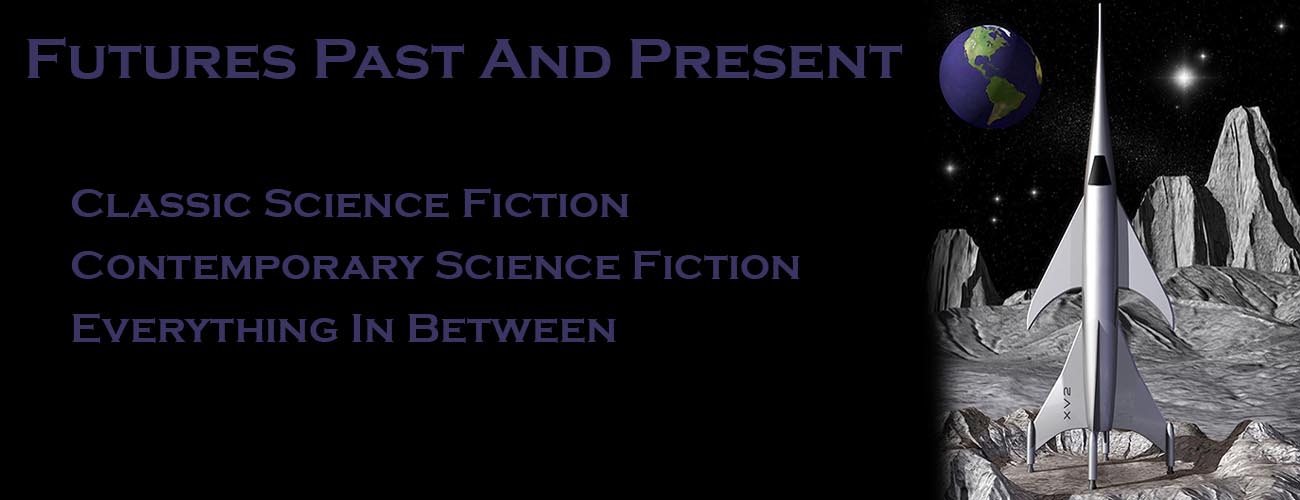Night’s Engines
Trent Jamieson
Angry Robot Books
US/CAN
29 May 2012
416pp mass-market paperback
$7.99 US $8.99 CAN
eBook
29 May 2012
£4.49
UK/RoW
7 Jun 2012
384pp B-format paperback
£7.99 UK
This book won’t be released for another week here in the States, and later in other parts of the world, so if you haven’t read Roil yet (reviewed here), don’t worry. You still have time before the conclusion of The Nightbound Land duology hits the shelves.
This is a science fiction novel that reads like fantasy, but a careful reading of either book shows it’s clearly science fiction (or at least science fantasy), which is why I’m reviewing it here rather than at Adventures Fantastic. It’s different than most anything I’ve seen lately, further proof of my conclusion that Angry Robot is one of the publishers you should be reading.
Night’s Engines is old fashioned adventure, the kind we don’t see enough of these days. One of the advantages of being in the Robot Army is getting to read some of the most exciting new science fiction and fantasy before anyone else does. And while not every title I’ve previewed has worked for me, most of them have. This series certainly does.
The story picks up where Roil left off. David Milde and Margaret Penn are trying to reach the Engine of the World located in the polar city of Tearwin Meet. Leaving their companions Buchan and Whig behind in the city of Hardacre, they travel north, pursued by the Old Men, a group of almost immortals who may be as old as the world of Shale itself.
Along the way they face treachery, betrayal, dangers, and their own flawed selves. They change and grow and act like real people. There’s a tendency in novels such as this one, where the setting is so far removed from what most readers experience, that the people never seem to live and breathe. That isn’t the case here. David, Margaret, and Kara are all fully fleshed people. Jamieson shows us their growth, using the hardships they endure and the sacrifices they make to give them depth.
I found the books, both of them, to be a blend of steampunk and Edwardian fantasy. Indeed the series has a feel that reminded me at times of Europe in general and England in particular in the early years of the twentieth century before two World Wars and a global Depression permanently altered the national character. Jamieson has a clear love for the fantastic literature of the time period. This duology has strong echoes of Hodgson’s The Night Land, and there are other homages, such as some of the place names, Mirlees in particular.
The pace is fast, the action thrilling, and the dialogue real. I blew through this one, it moves so quickly. It’s a fresh and original piece of work, one I recommend highly.



